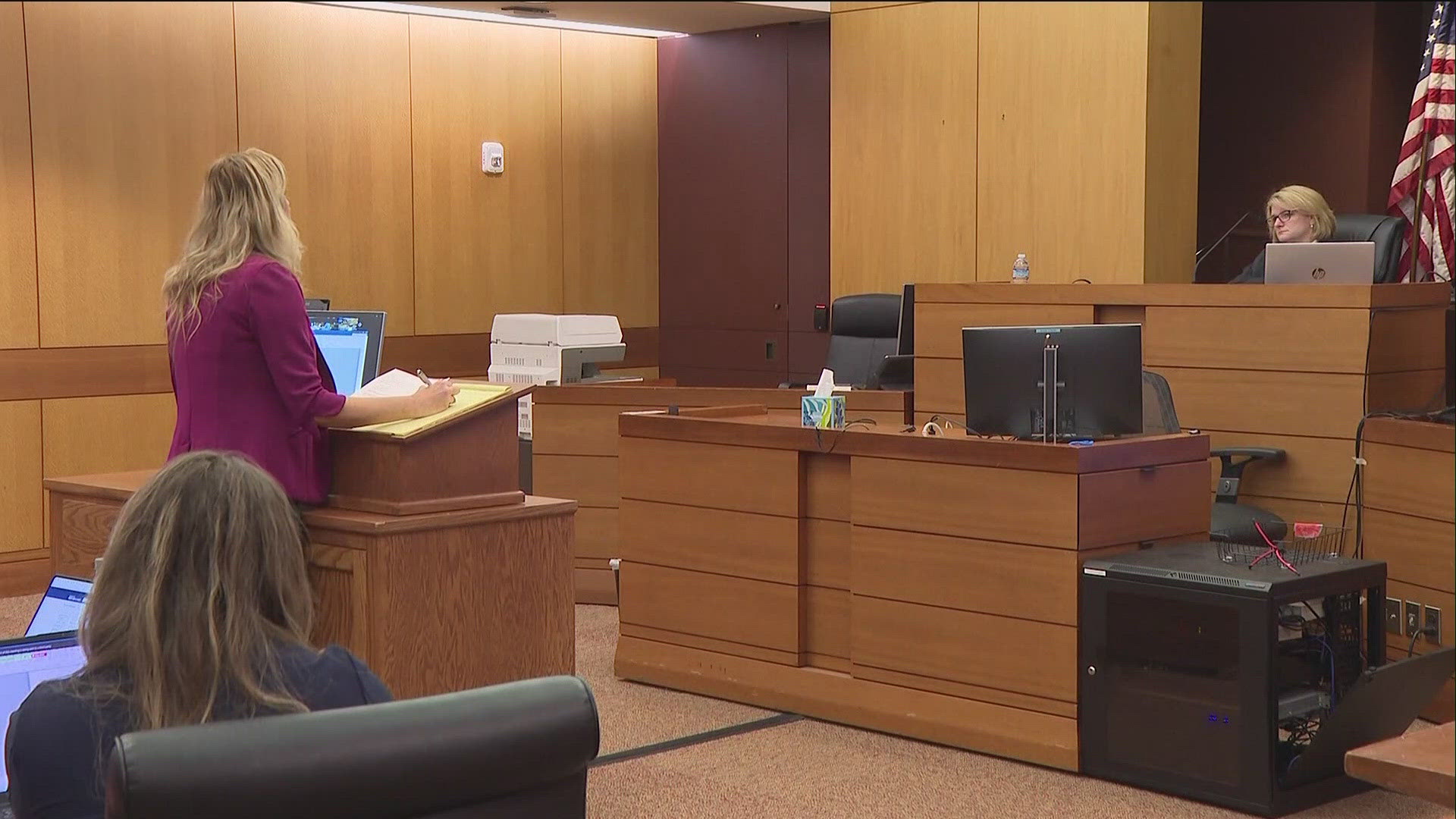ATLANTA — It's a win for the Merchant Law Firm, which challenged Fulton County District Attorney Fani Willis and her office in an open records dispute.
On Tuesday, the Georgia Supreme Court ruled that district attorneys in the state can be sued under the Open Records Act, upholding Judge Rachel Krause's ruling in favor of the firm from Monday.
The judge ruled in favor because she said the district attorney's office failed to timely provide the requested documents. According to Krause, the law firm is owed those documents and will be awarded attorneys' fees.
It stemmed from a lawsuit in which Ashleigh Merchant accused the Fulton County District Attorney's Office of violating the state's Open Records Act.
The lawsuit accused Willis of "hiding documents" related to a media monitoring company, alleging the district attorney had used taxpayer dollars to pay for it. It also accused the Fulton County District Attorney's Office of not wholly fulfilling open records related to employees' nondisclosure agreements.
"She is the elected DA. It's her office. I think that every government agency has a duty to respond to open records requests. I think when you have an elected official, they are the ones who are held accountable by the public. They are the ones who set the policy," Merchant, who is Trump co-defendant Michael Roman's lawyer in the election interference case, said on Monday while testifying on the stand in the case.
However, the Fulton County District Attorney's Office stated that the office could not legally be sued under the Open Records Act due to wording in the state constitution and claimed the lawsuit was harassment.
How it's related
The two separate cases challenge the legal authority district attorneys in the state have over being named in a lawsuit.
The Supreme Court gave an opinion on Gonzalez vs. Miller, a lawsuit against the Athens Clarke County District Attorney Deborah Gonzalez regarding open records. In the lawsuit, Gonzalez stated that her office could not be sued loosely on the basis of the Georgia Constitution.
It's a similar argument that the Fulton County District Attorney's Office attempted to make throughout the open records case against the Merchant Law Firm but failed with the judge's ruling.
So, what does the constitution state?
The Georgia Supreme Court stated that the Open Records Act applies to public records maintained by the district attorney's office.
Georgia law states that “[a]ll public records shall be open for personal inspection and copying, except those which by order of a court of this state or by law are specifically exempted from disclosure.”
Gonzalez and legal counsel for Willis stated that the two district attorneys were considered judicial officers in the constitution and not part of the public agency as defined in the Georgia Constitution for the Open Records Act, which requires public agencies to pass on documents that are considered public records.
The law also states that an "agency serves as a placeholder for an expansive array of state and local government entities and means “[e]very state department, agency, board, bureau, office, commission, public corporation, and authority[,]” as well as “[e]very department, agency, board, bureau, office, commission, authority, or similar body of each such county, municipal corporation, or other political subdivision of the state.”
What does this mean?
The Fulton County District Attorney's Office owes the Merchant Law Firm money and the documents that they requested.

